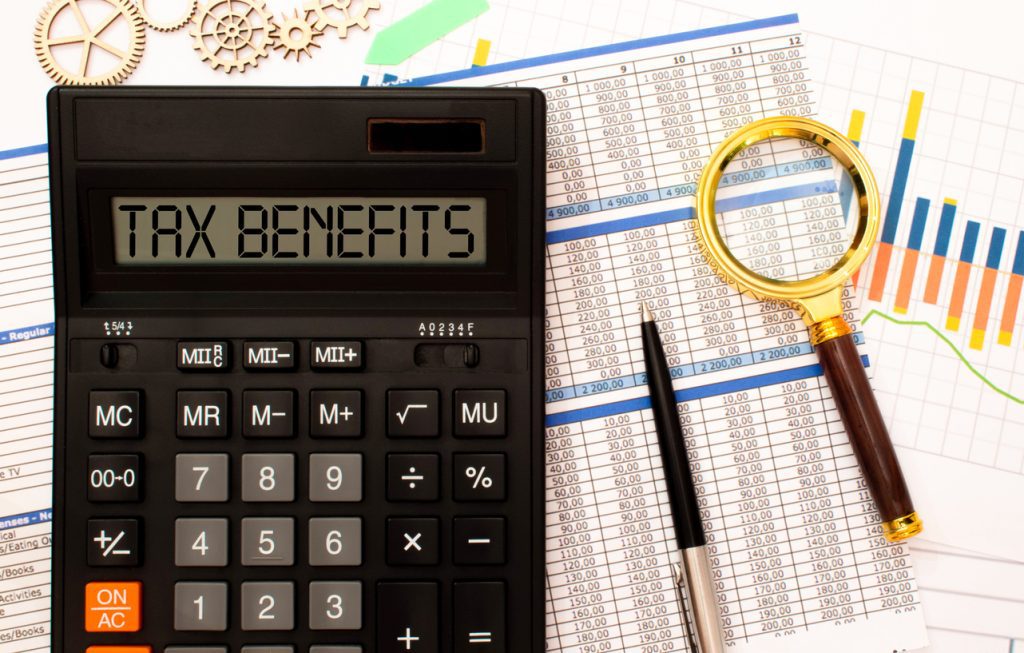Energy pricing: How can you take the heat out of your power bill?
By Andrew Dunbar | 12/04/2018

Its seems that in today’s news cycle we swing from one cost of living ‘crisis’ to another. High on the agenda is the price of energy, specifically focused on electricity and gas prices.
While it can often be a political football with both sides of politics attempting to blame the other, there’s no doubt that our energy bills have increased at an alarming rate.
The state of energy pricing
Energy pricing is something that affects us all. The price rises in recent years have been hard to accept, with bill increases in excess of 20% per annum in some cases.
There’s plenty of different arguments around why, with differing opinions on the root cause(s) of such expensive energy pricing when compared to other developed nations. It’s such a complex topic that we could almost devote a blog to that subject alone! However, when you look at it from a personal finance perspective, there are still ways to ensure you’re maximising your savings.
Make your bill work for you
There’s plenty of advice out there on ways you can use less energy and there’s certainly some merit in that.
Another good way to take the heat out of your bill is by working on the price you’re paying. Asking your current energy provider, however, can be trickier than you think. In our experience, simply calling your provider and asking for a discount doesn’t give you a significant saving and isn’t the best way of going about it. There is, however, a relatively simple approach you can take to access a better price.
-
Call your provider and ask for your current rate sheet
This is crucial to getting a better deal: Ask your provider for the current rates your being charged. There will be two specific charges: Firstly, the daily service charge. This is what you’re charged to access electricity and/or gas, regardless of what you use. Secondly, your usage charges, i.e. what you’re charged for the actual amount of electricity or gas you use.
-
Compare your current rate sheet to the cheaper options on the market
This is where you can save some time in your analysis. I would suggest you go online and grab the standard charge rates of some of the cheaper options in the market, providers such as Tango, Alinta, or Sumo. If you’re with one of the bigger companies, it’s a pretty safe assumption that you will be paying more than the standard rates of the cheaper providers. From what we see, it’s likely to be the daily service charge where your current provider is hitting you the hardest.
There’s also a government site where you can access price comparisons, however, this can be a fairly convoluted process. In our experience, it’s easier just to check the prices of lower cost providers directly.
-
Call your current provider armed with the cheaper rates
Now’s the time to call your current provider back. Explain to them that you’ve been offered a better price, quoting the exact rates of the cheaper provider. Then tell them that you would like to switch providers. You can guarantee that this will spur your current provider into action and they will most likely match the rates you’ve quoted. The key here: You need the exact rates, not just the illusion of better offer.
Is solar still an option?
The other energy question we still see is focused on solar panels. Taking a purely financial view here, the benefits case is not clear-cut.
Some years ago, when the federal government’s solar panel rebate was in full force, it was an excellent option to reduce your power bill. Unfortunately, that rebate has been significantly reduced, making the current situation less financially attractive. The ROI on this now takes a significant amount of time to realise.
This could, however, change quite rapidly. As technology advances you can expect to see the cost of purchasing and installing solar reduce. Also, technology is already developed and being refined to store solar energy in a battery, removing the need to supply back to the grid and giving you access to power when the sun isn’t shining. This technology should also come down in price as it becomes more mainstream.
All things considered, the best short-term financial position is to negotiate a better deal on your energy rates. Making the effort to follow our approach could pay off, saving you money immediately.









